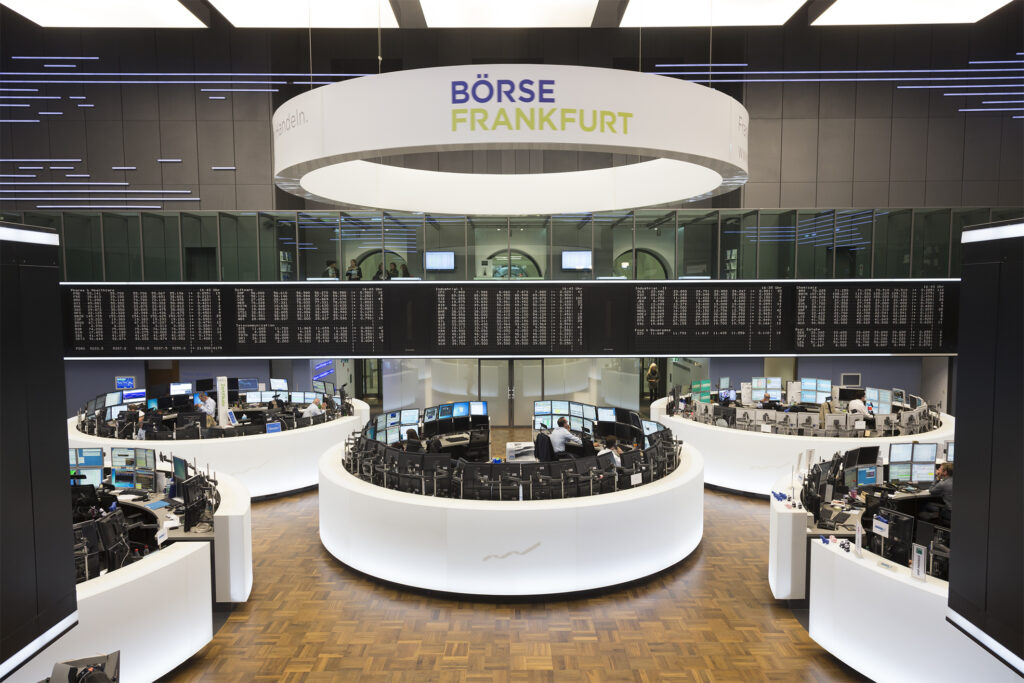25 Nov 2020 Deutsche Börse to acquire proxy voting advisor ISS for €1.9 million
Deutsche Börse acquires leading proxy voting advisor ISS for €1.9 million. The rationale of the transaction relies on Deutsche Börse intention to become the future leading ESG player globally.
SVI raises concerns about the lack of competition in the proxy voting advisory market, the increase in the price of ISS given all the transactions it went through in the last years and the higher costs in the market which will underline the higher marginality required by the Company. Last but not least, is it appropriate that a relevant listing institution such as Deutsche Börse acquires the world-leading proxy advisor? How will it tackle the arising conflict of interests on its double role of safeguarding the issuers listing requirements (among which corporate governance rules) and the stewardship duty by institutional investors being advised by proxy voting advisors?
On November 17th, 2020, Deutsche Börse, an international exchange organization and market infrastructure provider, announced it will acquire from Genster Capital LLC the majority stake of 80% of Institutional Shareholder Services (ISS), a leading proxy advisory firm, valuing it USD 2,275 million (€1,925 million) for 100% of its business. The transaction is expected to be completed within the first six months of 2021.
ISS is a US-based company founded by Robert C.S. Monks in Rockerville, Maryland in 1985, acquired in 2006 by RiskMetrics Group, formerly a division of JP Morgan, that became an independent company in 1998. In 2010 the global indices provider MSCI Inc. acquired RiskMetrics and ISS within it.
In recent history, ISS has been the target company of two Private Equity acquisitions with a considerable enterprise value increase (Vestar Capital acquired it in 2014 from MSCI for USD 364 million and Genstar Capital in 2017 from Vestar Capital for USD 720 million).
ISS is currently advising more than 4,000 asset managers on voting activities at shareholder meetings to build long-term value. It also has a subsidiary, ISS Ethix, that advises shareholders on environmentally and socially responsible investment policies (i.e. the former Scandinavian Ethix SRI Advisors AB purchased in September 2015 and renamed into ISS Ethix). Together with its competitor Glass Lewis, ISS dominates the governance-related market for voting power covering more than 90% of the market. To many, this duopoly raises concerns related to voting power concentration, which may eventually apply in the expanding field of ESG too.
With this move, Deutsche Börse aims at enlarging its environmental, social, and corporate governance (ESG) data and analytics offering, capitalizing on the growing demand for responsible investments.
Other questions on future ISS independence and objective may arise in light of the deal considering that the business of Deutsche Börse is in part based on listings of the companies its analysts take to task. However, Deutsche Börse has stated that after the deal will be finalized, “ISS will continue to operate with the same editorial independence in its data and research organization that is in place today“. ISS CEO, Gary Retelny, that will co-invest in the transaction, will still keep leading the business following the closing, while Genstar Capital, the former major shareholder, and ISS’s current management will retain a stake of approximately 20% after the acquisition.
Coming into force on 3 September 2020, the EU’s Shareholder Rights Directive II (SRD II) strengthens shareholder engagement and increases transparency, introducing new requirements for intermediaries, institutional investors, asset managers and proxy advisors. Greater transparency is required by proxy advisors, specifically they have to establish accurate and repliable proxy voting recommendations and pubblish their compliance with the requirements of the code of conduct for proxy advisors. However, the SRD II did not introduce more competition in the market where the duopoly ISS and Glass Lewis has more the 90% of the market share.
SVI raises concerns about the lack of competition in the proxy voting advisory market, the increase in the price of ISS given all the transactions it went through in the last years and the higher costs in the market which will underline the higher marginality required by the company. Last but not least, is it appropriate that a relevant listing institution such as Deutsche Börse acquires the world-leading proxy advisor? How will it tackle the arising conflict of interests on its double role of safeguarding the issuers listing requirements (among which corporate governance rules) and the stewardship duty by institutional investors being advised by proxy voting advisors?
For further information, see the following links:
- https://www.issgovernance.com/deutsche-borse-acquires-leading-governance-esg-data-and-analytics-provider-iss/
- https://www.willkie.com/news/2020/11/genstar-capital-sells-iss-to-deutsche-borse
- https://www.washingtonpost.com/business/deutsche-boerse-tries-to-improve-on-manda-record/2020/11/18/1152d4d4-29a5-11eb-9c21-3cc501d0981f_story.html
- https://www.ft.com/content/c05417ea-7810-49cb-a1ea-86e9e004eafd
- https://www.ft.com/content/a669f633-d9ba-48b1-bf96-b55b369901a8
- https://www.reuters.com/article/us-iss-m-a-deutsche-boerse/deutsche-boerse-to-buy-80-of-iss-for-1-8-billion-idUSKBN27X2MJ
- https://www.issgovernance.com/genstar-capital-partnership-management-announces-acquisition-institutional-shareholder-services-vestar-capital-partners/
- http://www.vestarcapital.com/vestar-announces-sale-of-institutional-shareholder-services-for-720-million/
- https://www.issgovernance.com/ethix-sri-advisors-acquired-by-institutional-shareholder-services-in-responsible-investment-business-expansion/
- https://www.pwc.ch/en/publications/2019/The-new-Shareholder-Rights-Directive_EN-web.pdf
- https://ir.msci.com/news-releases/news-release-details/msci-completes-acquisition-riskmetrics

